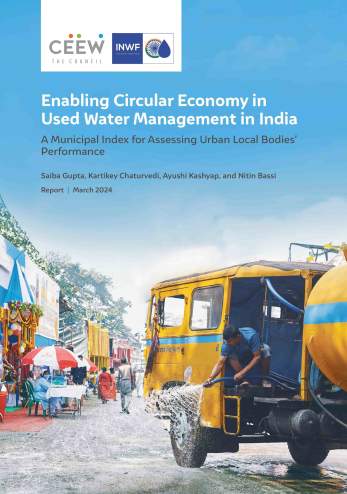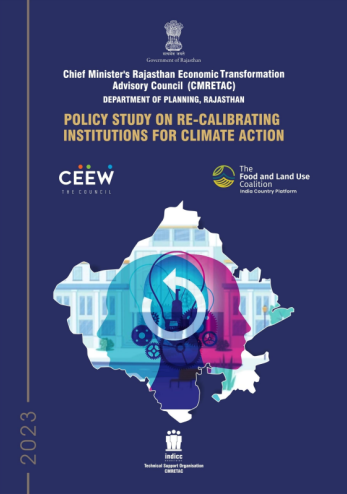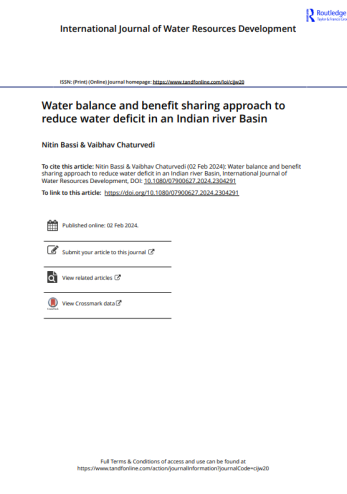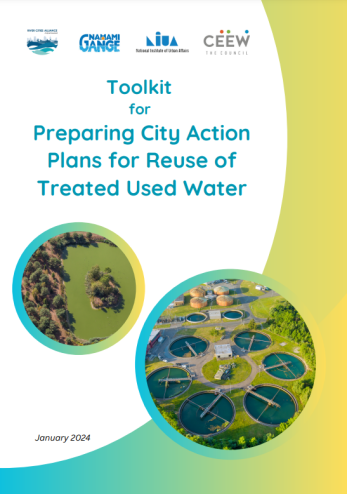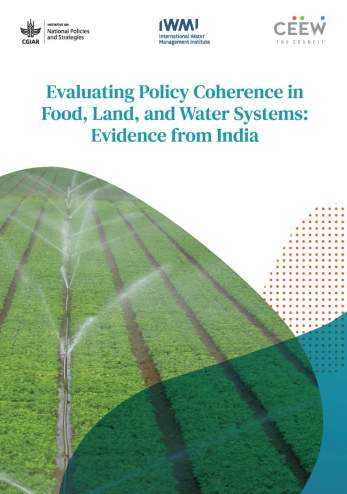Other Publications
Stakeholder Consultation on Policy Coherence among Food, Land, and Water Systems in India
Garima Taneja, Suparana Katyaini, Suchiradipta Bhattacharjee, Kartikey Chaturvedi, Archisman Mitra, Shilp Verma, and Nitin Bassi
June 2023 | Sustainable Water
Suggested citation: Taneja, Garima,Suparana Katyaini, Suchiradipta Bhattacharjee, Kartikey Chaturvedi, Archisman Mitra, Shilp Verma, and Nitin Bassi. 2023. Stakeholder Consultation on Policy Coherence among Food, Land, and Water Systems in India. NPS Workshop Proceedings. Colombo, Sri Lanka: International Water Management Institute (IWMI). 10p.
Overview
As part of the global CGIAR Initiative on National Policies and Strategies (NPS), the International Water Management Institute (IWMI) partnered with the Council on Energy, Environment and Water (CEEW) to organise a half-day stakeholder consultation on June 16, 2023. The objective was to share findings and insights from different stakeholders and create a roadmap for operationalising policy coherence.
Key Highlights
- Policy coherence is necessary to optimally utilise the resources and maximise social returns on investments within the food, land, and water systems. For enabling policy coherence there is a need for alignment across different levels of governance.
- The interlinkages between food, land, and water resources, their use, management, and governance were analysed across seven selected forms of policies in consultation with stakeholders.
- The analysis also mapped the impact areas of the selected forms of policies to five key areas: nutrition and food security, poverty reduction and livelihoods, environment and health, climate change adaptation and mitigation, and gender equality and inclusion.
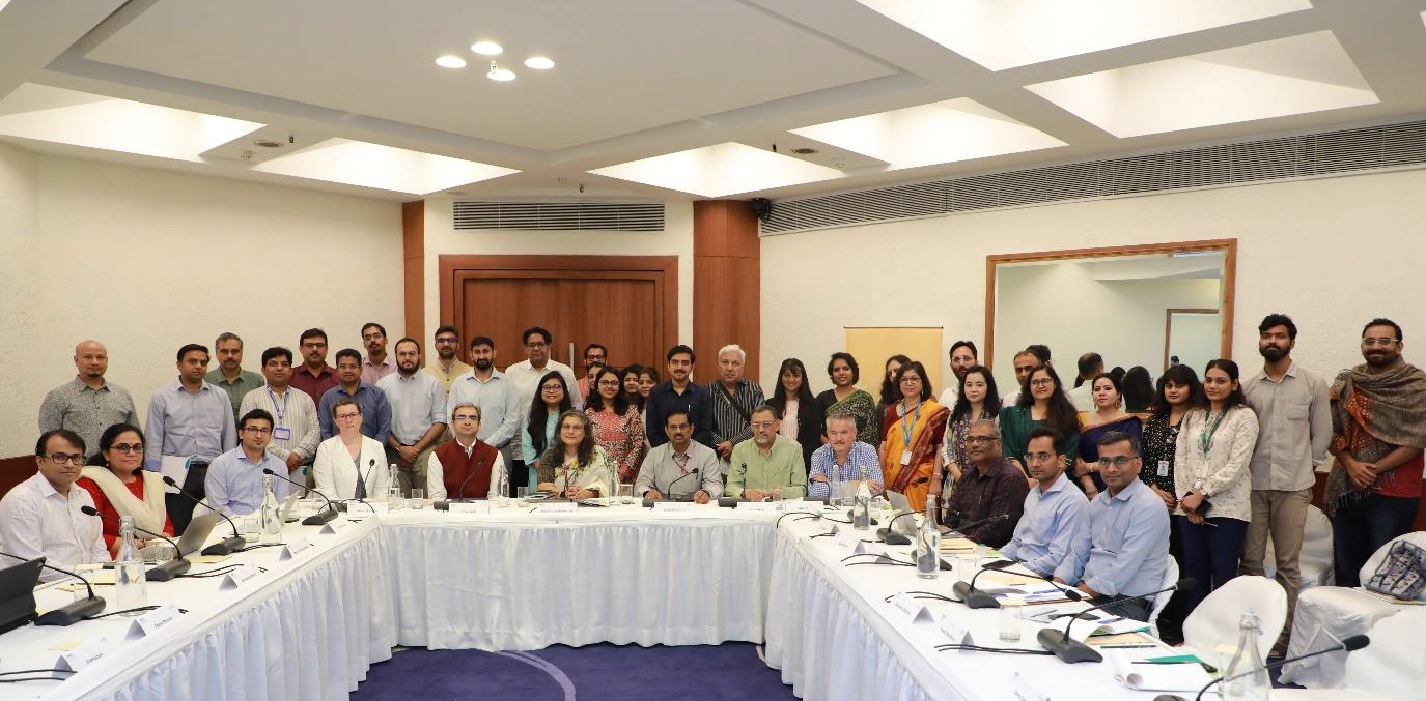
Key Recommendations
- Recognise outcome-based impacts as an important aspect of the evaluation of policies by going beyond the output-based measures. This calls for developing measurable indicators which represent the interlinkages between food, land, and water systems.
- Strengthen convergence that already exists between the selected policies through understanding the common impact areas such as reduction of poverty through livelihoods, and jobs, environmental sustainability, coordinated efforts, and integrating resources.
- Support efforts that enhance the flexibility and adaptability of the policies to social and economic uncertainties. This would enable positive transformations taking cognisance of the socio-economic, and cultural context in which policies are implemented.
- Prioritise mapping of changes brought in the lives and livelihoods of the most vulnerable for whom the policies are intended. This would be crucial to document evidence-based best practices that led to transformative changes.
- Acknowledge partnerships as an essential element for advancing sustainable development through building synergies between food, land, and water systems, and addressing trade-offs that are an outcome of policy incoherence.
“Sustainability of livelihoods emerged as a key thematic focus of policy coherence in food, land and water systems of India.”




